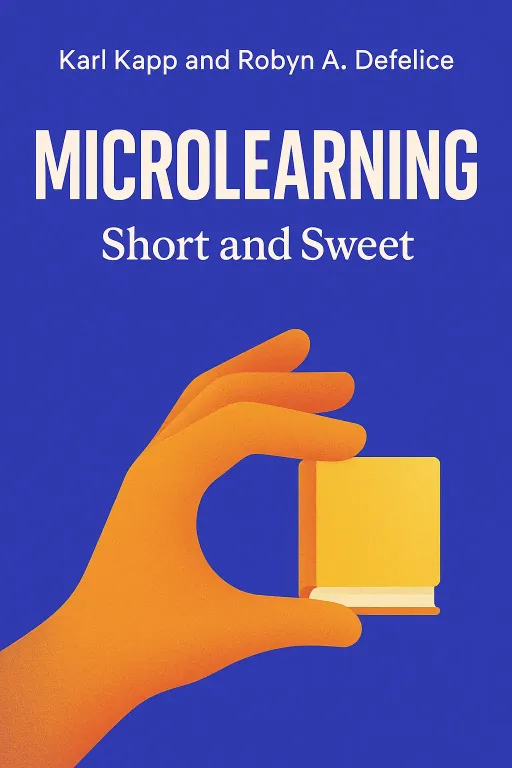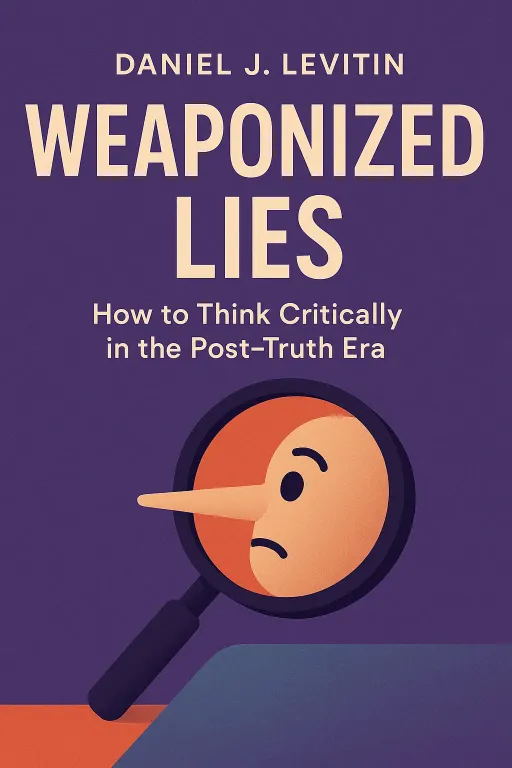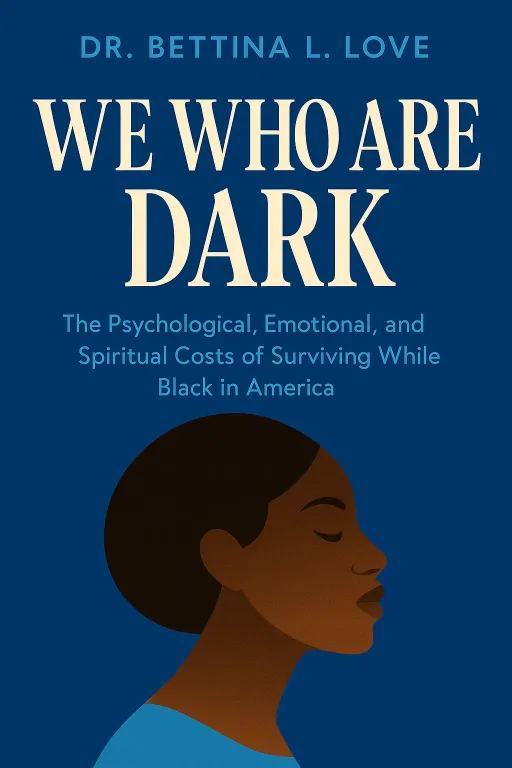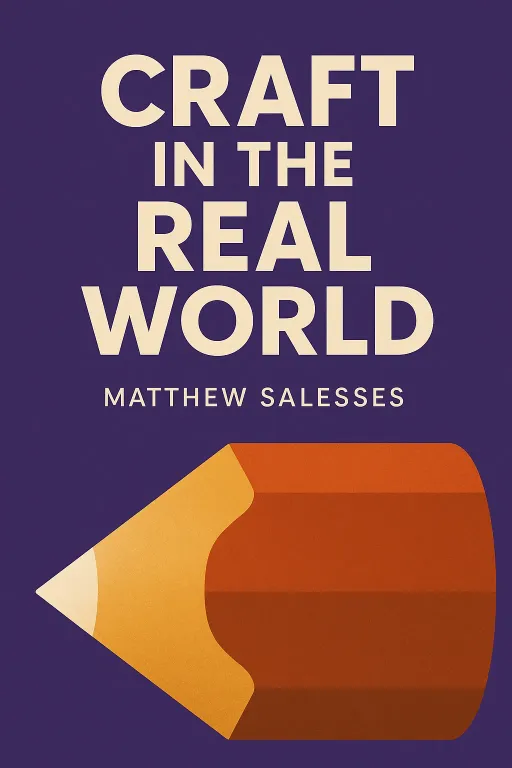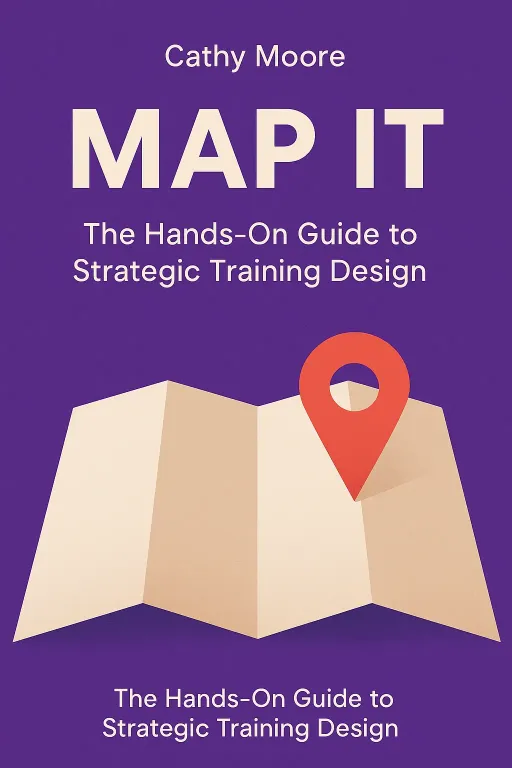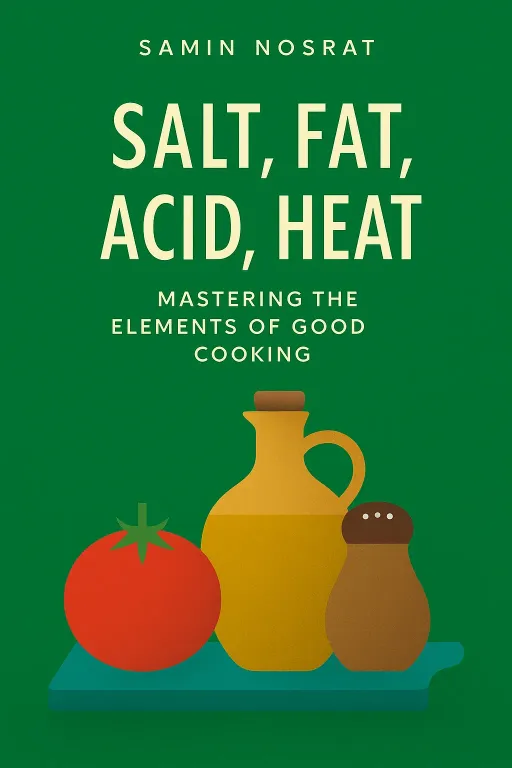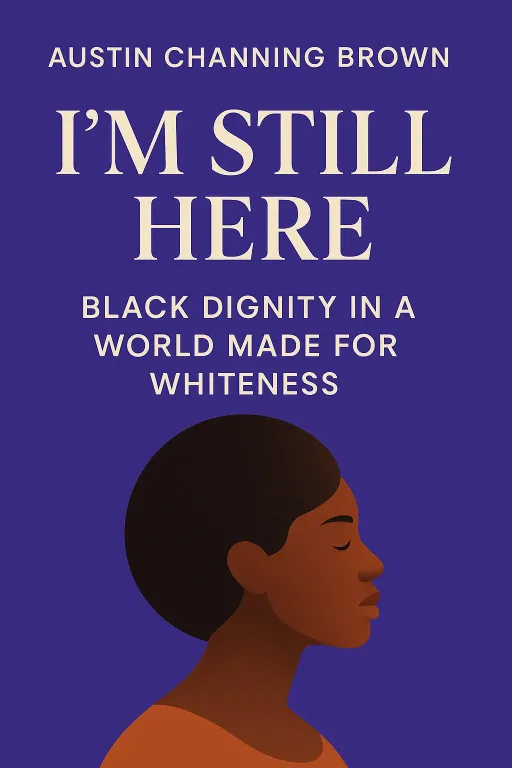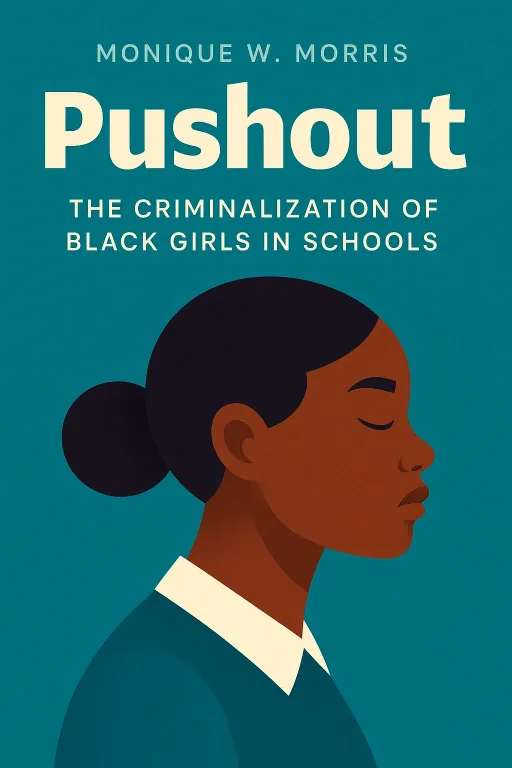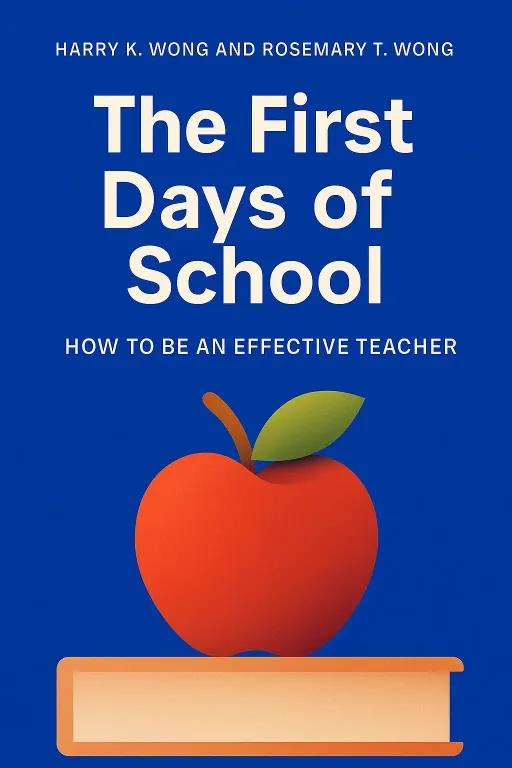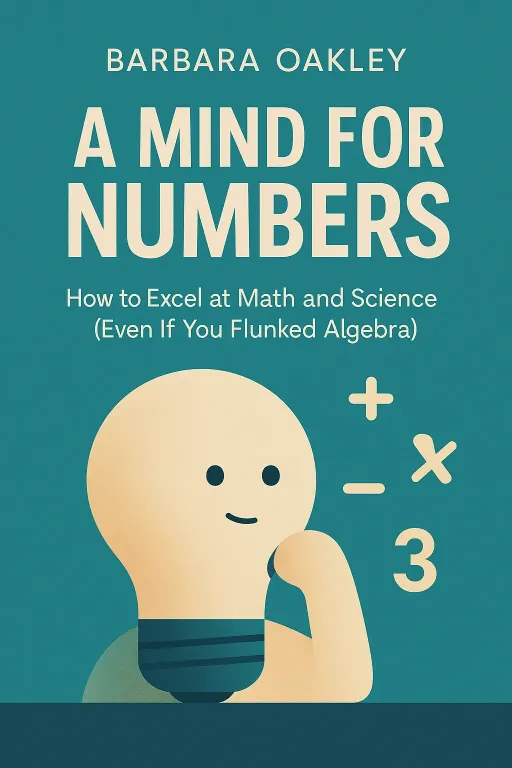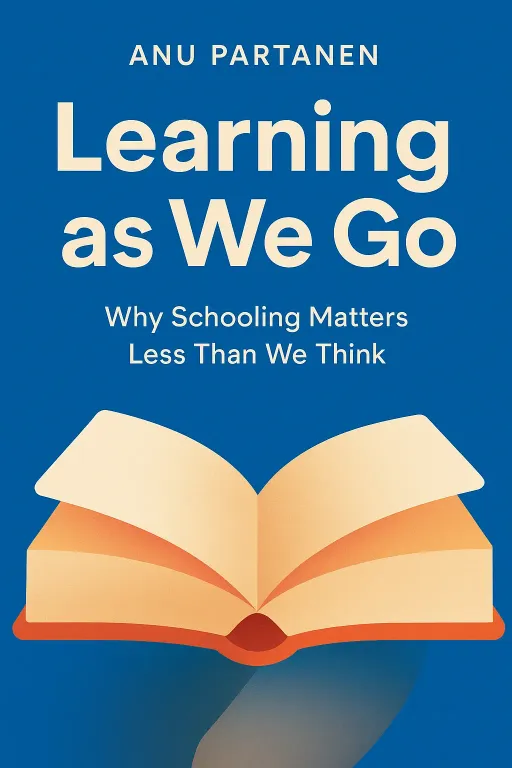
Forget to Remember
13 minThe Science Transforming How We Learn
Golden Hook & Introduction
SECTION
Laura: Alright, Sophia, pop quiz. What if I told you that everything you did to pass your exams in college—the all-night cramming, the highlighting, the re-reading—was scientifically proven to be the worst way to learn? Sophia: Oh, come on. Don't tell me that now! I practically built a nest of flashcards and highlighters in the library. My entire university career was fueled by caffeine and the illusion of productivity. You're saying it was all a waste? Laura: Mostly, yes. And what's even crazier? The secret to remembering things long-term is actually forgetting them first. Sophia: Okay, my brain just did a somersault. Forgetting helps you remember? That sounds like a paradox wrapped in an enigma. Where is this coming from? Laura: This is the central, mind-bending idea from Grasp: The Science Transforming How We Learn by Sanjay Sarma and Luke Yoquinto. And Sarma isn't just an academic; he's the former Vice President for Open Learning at MIT. He's a top-tier engineer who helped create the RFID technology in our credit cards. When a guy like that says our entire education system is built on a faulty operating system, you listen. Sophia: Wow. So this isn't just a philosopher musing about education. This is a world-class engineer looking at the system and saying, "This is badly designed." I'm intrigued. And a little bit horrified about my past study habits.
The Great Educational 'Winnower'
SECTION
Laura: Exactly. He argues we've fundamentally misunderstood the purpose and function of mass education. Most people, when they critique the school system, use the "factory model" metaphor. You know, students as raw materials, moving down an assembly line, stamped with identical knowledge. Sophia: Right, churned out like widgets. It’s a classic critique. Laura: But Sarma says that's not quite right. A factory, at least in theory, tries to have a zero-defect rate. It wants every product to come out perfectly. Our education system does the opposite. It's designed to produce a few "successes" and a whole lot of "failures." He says a better metaphor is a "winnower." Sophia: A winnower? Like for separating wheat from chaff? Laura: Precisely. It's a machine designed to sort and discard. The system isn't trying to nurture everyone; it's actively culling potential based on a set of arbitrary and often biased metrics. And this process can be brutal. Sarma opens the book with this incredible personal story from his time at the Indian Institute of Technology, or IIT, which is like the MIT of India. Sophia: I'm listening. Laura: He'd failed a critical course and had to retake it over a sweltering hot summer. He was sleeping in his dorm room, trying to catch a breeze from the open doors. One morning, he wakes up, and there's a rhesus macaque—a monkey—just a few feet away, staring at him and baring its fangs. Sophia: Whoa, that's terrifying. Laura: He freezes. And in that moment of terror, he realizes he has accidentally positioned his bed between the monkey and a stash of sweets he had in his room. He is the only thing standing between this wild animal and its goal. Sophia: That is a perfect metaphor for taking a final exam. A terrifying, unpredictable obstacle between you and graduation. Laura: Exactly! He uses that story to frame the whole problem. For so many students, the education system isn't a nurturing garden; it's a jungle filled with random, high-stakes threats. It’s a winnower that sorts us based on how well we navigate these arbitrary obstacles, not on our actual potential to learn. Sophia: And a huge part of that winnowing process is this old, toxic idea that intelligence is a fixed trait. The book quotes one of the fathers of intelligence testing, Lewis Terman, who said in 1919 that "the dull remain dull, the average remain average, and the superior remain superior." It's just chilling. Laura: It is. And it's a belief that has seeped into the very foundation of our schools. The winnower operates on three main principles: first, access-related factors, like your family's income or where you live. A study the book cites found a straight line between family income and college attendance. Sophia: No surprise there. The wealthier you are, the more resources, tutors, and opportunities you have. The winnower's sieve has bigger holes for rich kids. Laura: Second, biased testing methods. Think of standardized tests that favor certain kinds of thinking or cultural knowledge. And third, and this is the most important one for our discussion, is what Sarma calls "cognitively unsound instruction." We are literally taught how to learn in ways that our brains are not designed for. Sophia: Which brings us back to my all-nighters. The system was basically teaching me to fail, or at least to learn in the most inefficient way possible. So if the system is a winnower, how do we stop it from throwing away so much good wheat?
Hacking the Brain's OS with 'Desirable Difficulties'
SECTION
Laura: Well, that's where the book gets really exciting. It dives into the cognitive science of how we actually learn. And the core idea is something called "desirable difficulties." Sophia: Desirable difficulties. That sounds like a contradiction. Why would I want learning to be more difficult? Laura: Because the feeling of ease is deceptive. When you reread your notes or highlight a textbook, it feels easy. Your brain recognizes the material, and you get this fluent feeling, this illusion of mastery. But you haven't actually learned it. You've just become familiar with it. Sophia: Oh, I know that feeling. You think you know it cold, and then you get to the blank exam paper and your mind is just... static. Laura: Exactly. True learning, the kind that builds long-term, durable knowledge, requires effortful retrieval. You have to force your brain to pull the information out of storage. This is where forgetting comes in. When you space out your study sessions, you give yourself time to forget a little. That makes recalling the information harder, but that struggle is what strengthens the neural connections. It's like lifting a heavy weight. The strain is what builds the muscle. Sophia: That's a great analogy. So rereading is like a casual stroll, but retrieval practice—forcing yourself to remember—is like a heavy deadlift. It feels harder, but it's what actually makes you stronger. Laura: Perfectly put. Sarma has another fantastic story about this. After college, he worked for the oil services company Schlumberger and was sent for this intense training in Scotland to become an oil field technician. The training was designed to be deliberately unpredictable. Sophia: How so? Laura: They'd spend all day in a classroom learning these incredibly complex computerized systems. Then, in the middle of the night, an alarm would blare. A system was "broken," and they had to rush to the lab and fix it, applying what they'd just learned—or sometimes, what they'd learned two weeks ago. Sophia: Wow, that's high-pressure, spaced repetition with a vengeance. Laura: It was the ultimate desirable difficulty! It was stressful, it was hard, but it forced them to retrieve and apply knowledge in a real-world context. Concepts that were abstract and confusing in university suddenly clicked into place. He left that training feeling a deep, unshakable confidence in his abilities. He didn't just know the material; he had grasped it. Sophia: And this isn't just for elite engineers on oil rigs, right? The book mentions a case at Florida International University's law school. Laura: Yes! It's a fantastic example. Their bar passage rate was mediocre. So a professor named Louis Schulze, inspired by this research, created a program that taught students these exact techniques: self-testing, spacing, and retrieval practice. They stopped just reading cases and started actively quizzing themselves. Sophia: And what happened? Laura: FIU's bar passage rate rocketed from ninth in the state to first. They've stayed at the top ever since. It proves that teaching students how to learn, based on how the brain actually works, can have a revolutionary impact. It's not about being a genius; it's about using the right tools.
Rebooting the System: Inside-Out vs. Outside-In
SECTION
Sophia: Okay, this is all great for individual learners or a single law school. But how do you fix the entire system? Can you really scale this kind of deep, effortful learning for millions of students? Laura: That's the billion-dollar question, and the book explores two different paths to get there. Sarma calls them the "inside-out" and "outside-in" approaches. Sophia: Let me guess. "Inside-out" is fixing the current system from within, and "outside-in" is just burning it all down and starting over? Laura: More or less! The inside-out approach involves taking the existing structures—classrooms, teachers, universities—and upgrading them with cognitive science. A great example is MIT's own TEAL program, which stands for Technology Enabled Active Learning. They transformed their big, boring freshman physics lectures. Sophia: I can picture it. A thousand students falling asleep in a giant auditorium. Laura: Right. They replaced that with smaller, collaborative classrooms where students work in groups on hands-on experiments. They use clickers to answer conceptual questions in real-time, and then they have to argue and explain their answers to each other. It's all about active engagement. The results were stunning. Failure rates were cut in half, and they completely eliminated the gender performance gap in physics. Sophia: That's incredible. So that's the "inside-out" fix. What about the "outside-in" revolution? Laura: This is where things get really wild. The outside-in approach says the traditional model is too broken to fix. We need entirely new institutions. The book looks at a few, like '42', a free coding academy with campuses around the world. It has no teachers, no lectures, and no classes. Sophia: Wait, no teachers? How does anyone learn anything? Laura: It's entirely project-based and peer-to-peer. You're given a coding project, and you have to figure it out by collaborating with other students, using the internet, and evaluating each other's work. It's a self-sustaining ecosystem of learning. Sophia: That sounds both amazing and terrifying. It's like the oil rig training, but for your entire education. Laura: And then there's Ad Astra, the secretive school Elon Musk started for his kids at SpaceX. They don't learn subjects in isolation; they work on complex, real-world simulations. They might be debating the ethics of AI one day and designing a solution for colonizing Mars the next. Sophia: A teacher-less school and Elon Musk's secret lab school. This all sounds very Silicon Valley. But does it work for everyone? A teacher-less school sounds like a recipe for disaster in some places. The book itself mentions the 'Delta Problem' in Mississippi, where they replaced teachers in under-resourced schools with digital courseware, and it just made the educational gap even wider. Isn't there a risk these cool, experimental schools only work for the privileged or the highly self-motivated? Laura: That is the absolute critical question. And the book is very clear-eyed about this. These outside-in models are experiments, and they carry risks. Technology without human guidance can be dangerous. The author, Sarma, is a technologist, but he's not a techno-utopian. He warns that a bad educational technology can poison the well for better ones to come.
Synthesis & Takeaways
SECTION
Sophia: So we have the "winnower" system that's broken. We have the science of "desirable difficulties" that shows us how to learn better. And we have these two paths forward: fixing the system from the inside or building a new one from the outside. Where does that leave us? What's the ultimate takeaway? Laura: I think the book's deepest insight is that the goal shouldn't be to just make the winnower more efficient. The goal is to fundamentally change its purpose. We need to separate the teaching function of education from its winnowing function. Sophia: Uncouple learning from sorting. Laura: Exactly. Create spaces where students can struggle, fail, and learn without the constant, high-stakes pressure of being graded and ranked. The book ends with the story of the MIT robotics competition, which is this incredible celebration of hands-on learning. And the course's legendary founder, Woodie Flowers, gets up and tells the students, "You guys have to save us from ourselves." Sophia: Wow. What a powerful charge. Laura: His point was that the purpose of an education like the one at MIT isn't just to accumulate knowledge. It's to build what he called a "creative ego." It's about developing the self-confidence to take your knowledge and actually do something with it in the world. That's what gets lost when we focus only on tests and grades. Sophia: That really resonates. So if there's one thing our listeners should take away and apply in their own lives, what would it be? Laura: I think it's to embrace that feeling of effort. The next time you're trying to learn something, don't just reread it. Close the book. Walk away. And then, an hour later, or the next day, force yourself to recall it from memory. Write it down. Explain it to a friend. It will feel harder. It will be a struggle. But now you know that feeling isn't a sign of failure. It's the feeling of your brain actually building a lasting memory. It's the feeling of grasping. Sophia: I love that. It reframes the entire experience of learning. And for any educators or parents listening, maybe it's about creating more low-stakes opportunities for that kind of retrieval. Quizzes that aren't for a grade, or just asking, "Hey, tell me about what you learned yesterday." Laura: Absolutely. It's about shifting the focus from performance to process. We'd love to hear from our listeners about this. Have you ever felt like you were put through an educational "winnower"? Or have you tried using spaced repetition or retrieval practice? Let us know your stories. Sophia: It’s a conversation we all need to be having. This has been fascinating, Laura. Laura: It's a truly transformative way to think about learning.
